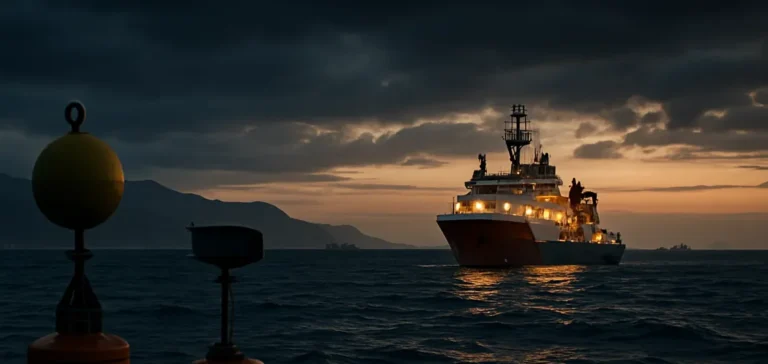Libya has officially protested against Greece’s decision to issue oil exploration permits in waters located south of Crete. According to Tripoli, these maritime areas are the subject of an unresolved territorial dispute between the two countries, intensified by earlier agreements signed with Turkey. The Libyan Government of National Unity (GNU) considers these permits a direct violation of its sovereign rights in the region. In response, Tripoli urges Athens to engage in bilateral dialogue in accordance with principles of international maritime law.
Diplomatic and Economic Reactions
The controversial tender was published in the Official Journal of the European Union (EU) on June 12, 2025. Athens’ initiative aligns with a broader energy policy aimed at exploiting hydrocarbon resources in the Eastern Mediterranean. Libya’s Foreign Ministry stated it has formally conveyed objections through diplomatic channels to Greece and the European Union. Tripoli insists on prior legal clarification before initiating any exploratory activities in these disputed areas.
The geopolitical context of this controversy is linked to a maritime agreement concluded in November 2019 between Libya and Turkey. This bilateral accord, not recognized by Athens, defines an Exclusive Economic Zone (EEZ) overlapping areas claimed by Greece south of Crete. Greece considers the agreement illegal under the United Nations Convention on the Law of the Sea (UNCLOS). Athens has consistently rejected claims stemming from the Turkish-Libyan agreement, maintaining that the disputed areas exclusively fall under Greek sovereignty.
Regional Energy Issues
Growing interest in offshore oil exploration in the Eastern Mediterranean is driven by seismic surveys indicating potentially significant reserves of oil and natural gas. Several international companies are closely monitoring this controversy, concerned about political risks associated with investments in disputed regions. Legal uncertainty poses a major barrier to large-scale development of these energy resources, compelling companies to remain cautious amid potential international disputes.
On the diplomatic front, Athens reiterated its position that it recognizes no dispute with Libya regarding these permits. Greece continues its commercial initiatives, emphasizing the legitimacy of its actions under European and international law. Meanwhile, Libya continues to leverage diplomatic resources to assert its territorial claims, supported by its strategic ally, Turkey. Future developments will depend on both parties’ capacity to engage in direct negotiations or escalate the dispute to an international body.






















